While Brussels’ leadership withholds enormous sums from both Hungary and Poland, the EU is supporting Ukraine from the both countries’ funds as well. According to an expert we spoke with, there are clear political reasons behind this.
“The Hungarian government is complying with the Commission’s requests, but the starting point should be that ever further requests will be forthcoming,” said Prime Minister Viktor Orbán in his interview with the German-language weekly, Budapester Zeitung. The Prime Minister was referring to the EU funds due to Hungary. He noted that the Poles fulfilled everything, but then new demands were put on the table. He added that, “it is clear that it’s about forcing a change of government in Poland… and eventually, this could be the goal in the case of Hungary as well.” However, he declared that “Hungary cannot be cornered financially.”
The European Union is withholding enormous amounts from Hungary. Calculated at the current exchange rate, the recovery fund amount due to our country will be 7,000 billion forints (~17 million euros), and the framework budget for seven years will amount to 12,000 billion forints (~29 million euros). All while the recovery fund could not have been created without our contribution. Moreover, Hungary contributes to the Brussels common funds – next year for instance with over 600 billion forints (~1.5 million euros).
A few days after the Hungarian parliamentary elections in April, Brussels announced that it would initiate proceedings against Hungary for the “protection” of EU funds. Since then, a tug-of-war has been persisting as the European Commission creates more and more demands from Hungary to get access to the funds. In light of this, it is quite paradoxical that the EU, hand in hand with the United States, is pouring money into the non-EU member state, Ukraine, with barely any conditions. According to the President of the Commission, Ursula von der Leyen, Ukraine needs four billion euros monthly to maintain functionality. This will be funded by the European Union, the United States, and various financial institutions. Part of the support is made up of favorable loans while the rest are direct grants. Member States that have thus far received nothing from the common funds must contribute to this as well.
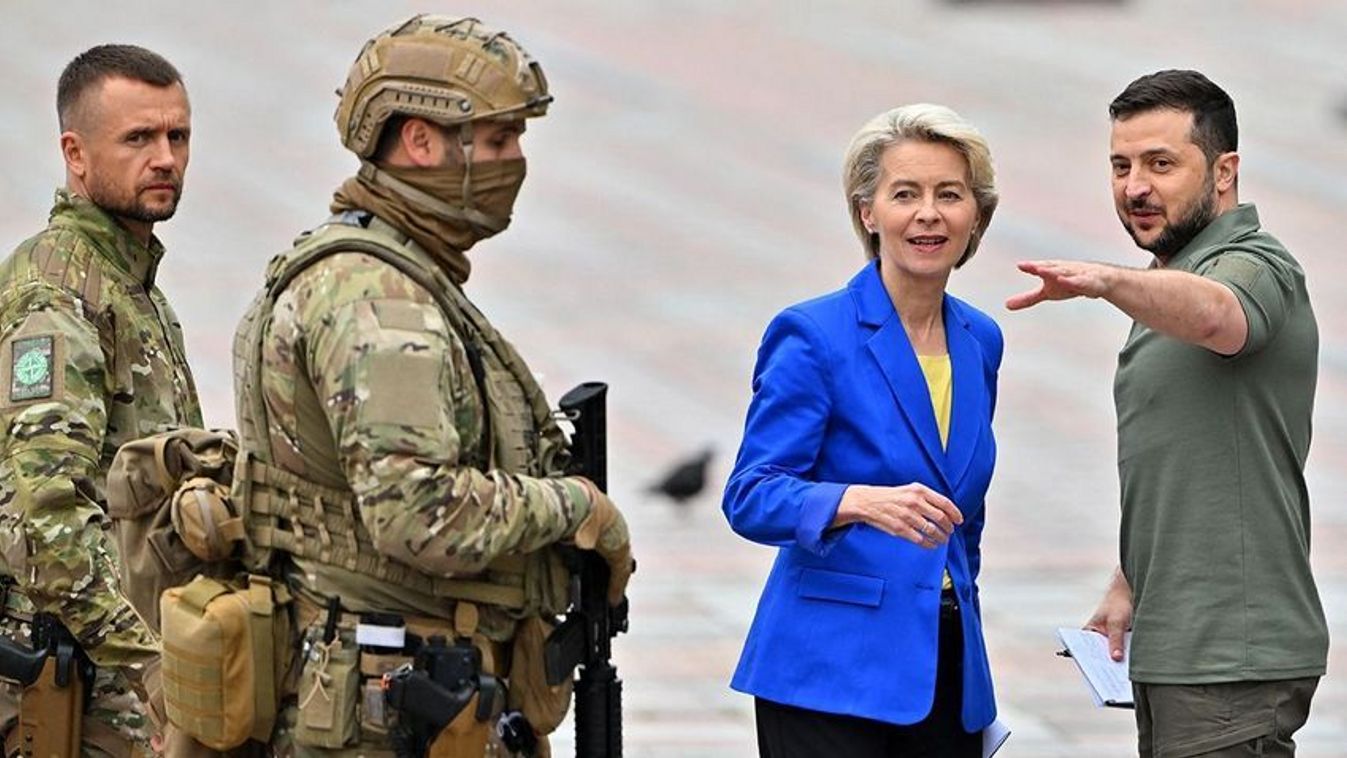

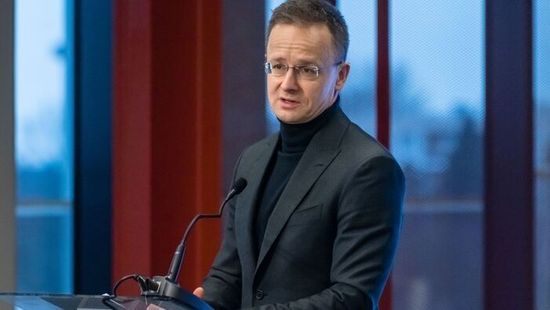

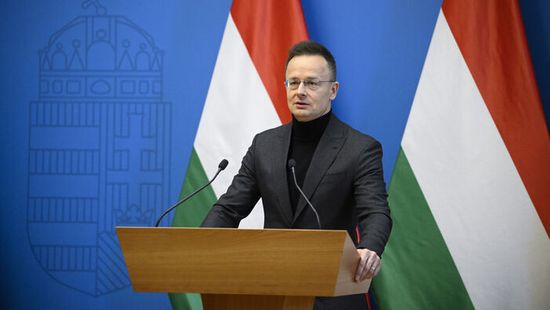

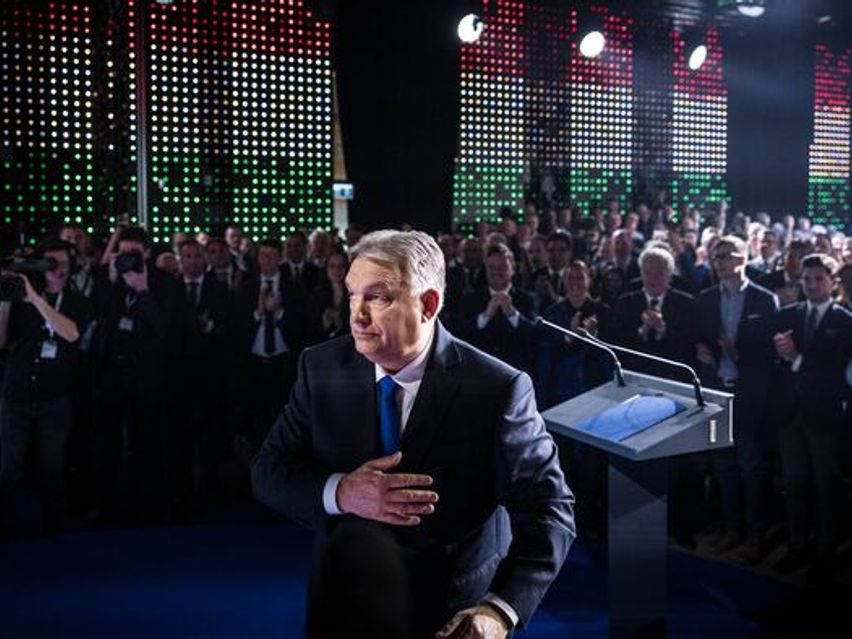
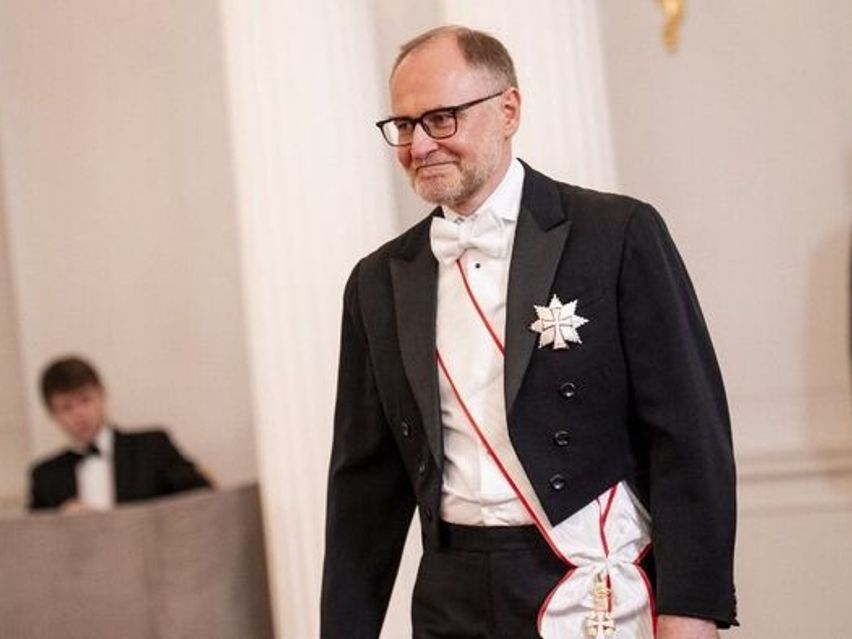

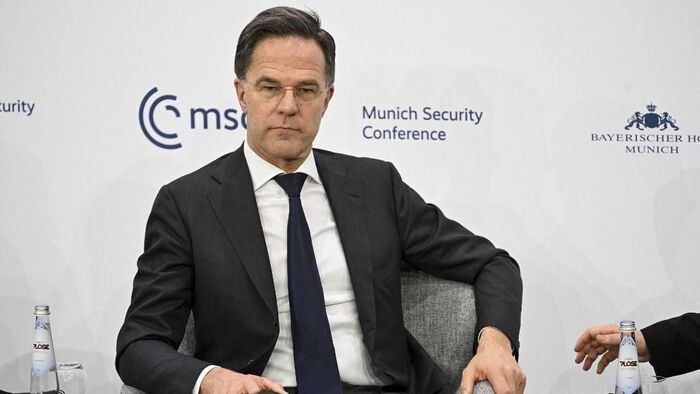


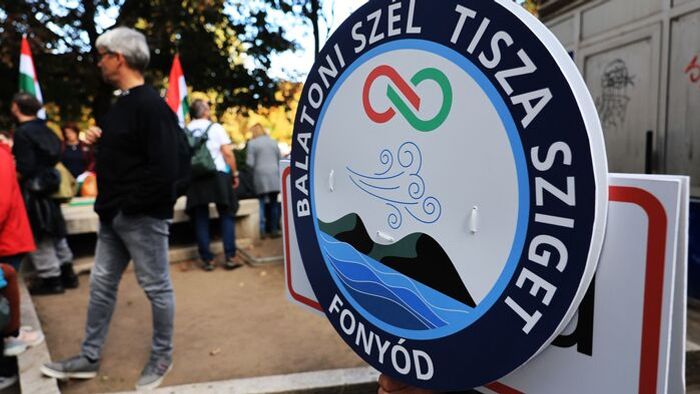


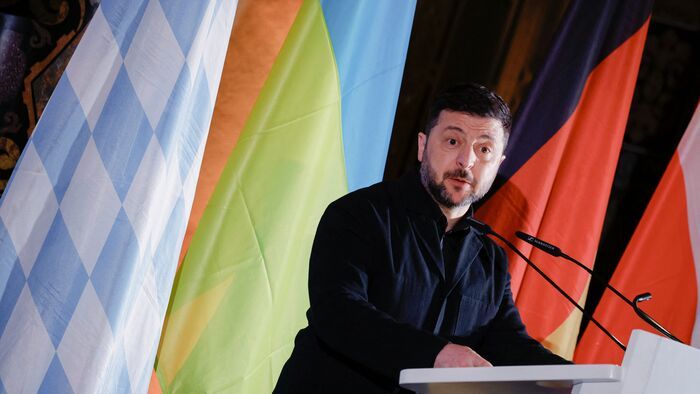
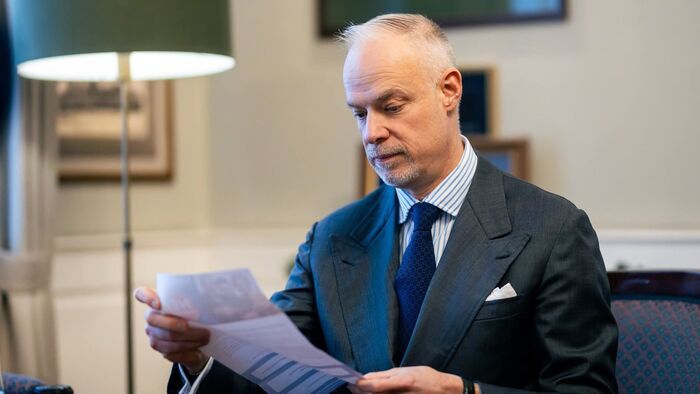
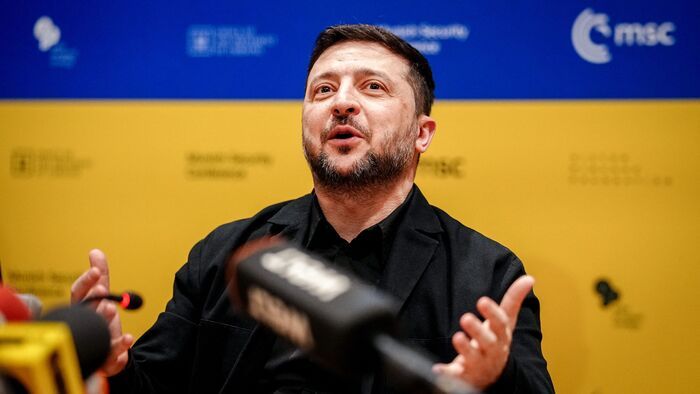





Szóljon hozzá!
Jelenleg csak a hozzászólások egy kis részét látja. Hozzászóláshoz és a további kommentek megtekintéséhez lépjen be, vagy regisztráljon!